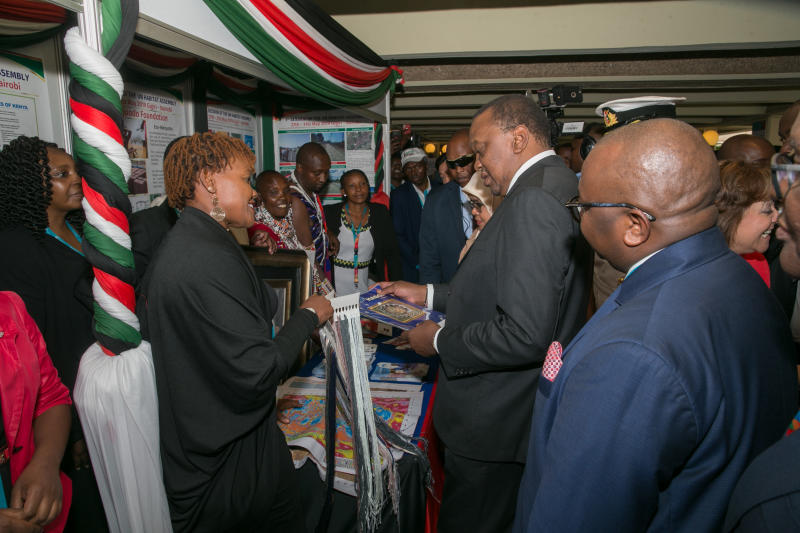×
The Standard e-Paper
Smart Minds Choose Us

President Uhuru Kenyatta yesterday called for greater collaboration in the world to make cities cleaner and more hospitable.
Speaking when he opened the inaugural United Nations Human Settlements Programme (UN- Habitat) conference in Nairobi yesterday, the President also called on member states to increase contributions to the global organisation.